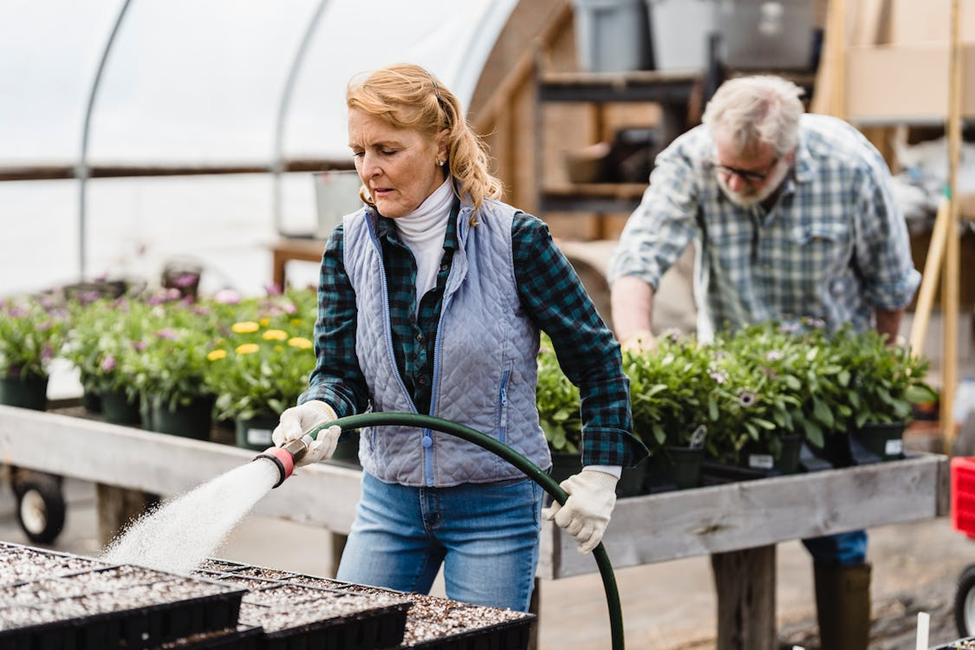Gardening and Landscaping Tips for Seniors That Won’t Break the Bank
Guest post by: Douglas Summers
Growing a veggie patch or seeing a garden come
to life is a rewarding experience. But it can also be quite a bit of work,
requiring an educational background to get everything right, so your garden can
flourish (without having to spend an arm and a leg, of course). Kristy
Crandall invites you to read on for some interesting gardening tips
and facts regarding the wonders of nature and its effect on the environment and
our greenery.
Choose crops that don't require
much maintenance
Design a garden that is easy to
work with
Making your garden more efficient
If you
want to avoid overspending on gardening and gardening staples, you should
invest in crops that don't require much maintenance.
●
Choose produce that isn't going to
require you to have expert green fingers to plant them
successfully. Potatoes, strawberries, bell peppers, cabbage, cucumbers, garlic,
zucchini, and chilies are some examples of low-maintenance fruits and
vegetables.
●
If you want a beautiful flourishing flower garden,
perennials that are simple to grow and maintain that look exquisite, too,
include the Cosmos, Marigolds, and Chrysanthemums.
● If you are in an area that doesn't get a lot of rain regularly, then choosing a drought-resistant crop is a good option, as these don't require much water to grow. Drought-resistant crops include sorghum, sweet potato (yams), cassava, beans, broccoli, eggplant, chard, etc.
Gardening
can be strenuous work at times. Hence, the importance of being able to work in
your garden without straining your body unnecessarily.
●
Raising your garden bed can prevent you from
bending low continuously, reducing the risk of falling.
●
Vertical gardens are another option if you
have limited garden space, in addition to it being easier to maintain.
●
Design a shade garden to reduce the risks of
working under the sun's piercing rays.
●
You can create a side hustle if
you have a surplus of fruit and vegetables to spare
that you could sell for a profit.
●
Before turning your hobby farm
into a business, you need to consider whether there is a demand for your product.
●
Go to The Farm Bill for legislation that dictates
how a piece of land can be farmed and used for business purposes.
It is never too late to start if you are
interested in farming or growing crops. All it takes is a bit of extra
knowledge regarding what works and what doesn't to help guide you in the right
(and hopefully most affordable) direction.





No comments:
Post a Comment